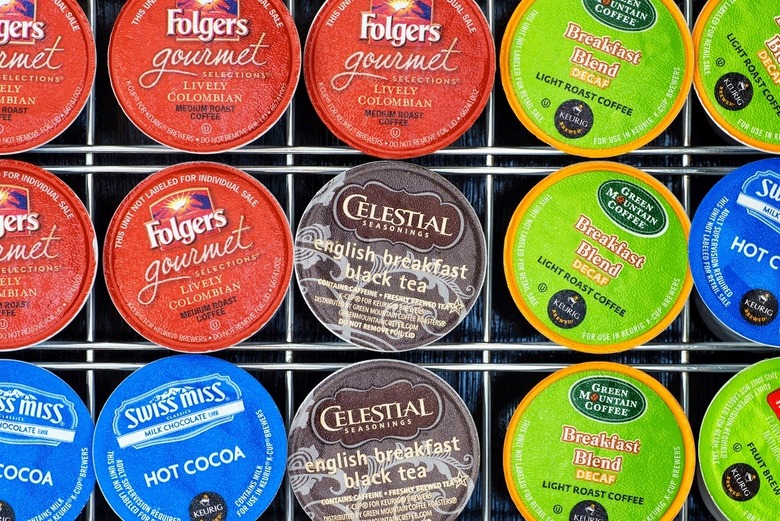Hamburg Is World's First City To Ban Single-Use Coffee Pods In Government-Owned Buildings
In a global first, the city of Hamburg has banned the use of pod-based coffee machines and single-use coffee pods — such as Keurig machines and K-Cups — from federally-owned buildings, as part of a larger effort to reduce waste.
Environmental activists around the world have long campaigned against the use of the popular coffee machines, arguing that their wastefulness significantly overrides their ease of use. Experts have estimated that the number of K-Cups used in a single year would easily circle the Earth more than 12 times. John Sylvan, the Keurig system's own inventor, has even said that he regrets designing such a wasteful product.
"No matter what they say about recycling, those things will never be recyclable," Sylvan once told The Atlantic. "The plastic is a specialized plastic made of four different layers. It's like a cigarette for coffee, a single-serve delivery mechanism for an addictive substance. I feel bad sometimes that I ever did it."
In Germany, an estimated 13 percent of citizens use a single-pod brewing system every single day, a habit that has been recognized as having a negative environmental impact.
"These portion packs cause unnecessary resource consumption and waste generation, and often contain polluting aluminum, a spokesperson for Hamburg Department of the Environment and Energy said in a report on sustainable development. "The capsules can't be recycled easily because they are often made of a mixture of plastic and aluminum. It's six grams of coffee in three grams of packaging. We in Hamburg thought that these shouldn't be bought with taxpayers' money."
